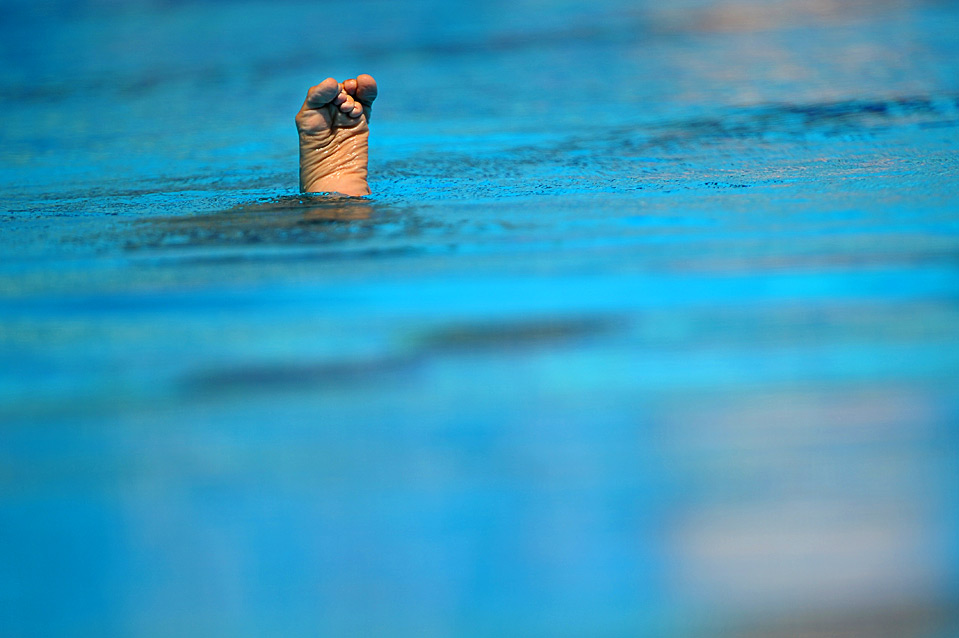Chapter One of The Saga Of Halfred The Sigskald : A Northern Tale Of The Tenth Century by Felix Dahn, translated by Sophie F E Veitch (1886)
Nigh upon fifty winters ago, there was growing up in the North a boy named Halfred. In Iceland, on the Hamund Fjord, stood the splendid hall of his father, Hamund.
At that time, so the heathen people believe, elves and goblins still moved about freely among the Northern nations. And many say that an elf, who had been friendly to the powerful Hamund, drew near to the shield cradle of the boy Halfred, and for his first food laid wild honey upon his lips, and said—
Victory shall be thine in harping / Victory shall be thine in singing / Sigskald shall all nations name thee
But this is a mere idle tale of the heathen people.
And Halfred grew, and was strong and beautiful. He sat often alone on the cliffs, and listened how the wind played in rifts in the crags, and he would fain have tuned his harp to the same strain, and because he could not do it he was filled with fury.
And when this fury swept over his forehead the veins in his temples swelled, and there came a red darkness before his eyes. And then his arm sometimes did that whereof his head knew nothing.
When his father died Halfred took the seat of honour in the hall. But he took no heed to preserve or improve his inheritance. He gave himself up to harp playing and feats of arms. He devised a new strain in singing, “Halfred’s strain,” which greatly charmed all who heard it, and in which none could imitate him. And in hatchet throwing, not one of the men of Iceland could equal him. He dashed his hammer through three shields, and at two ships’ lengths he would not miss with its sharp edge a finger broad arrow shaft.
His mind was now set upon building a dragon ship, strong and splendid, worthy of a Viking, wherein he might make voyages, to harry or levy toll upon island and mainland, or to play his harp in the halls of kings.
And through many an anxious night he considered how he should build his ship, and could devise no plan. Yet the image of the ship was always before his eyes, as it must be, with prow and stem, with board and bow; and instead of a dragon it must carry a silver swan on the prow.
And when, one morning, he came out of the hall, and looked out over the Fjord, towards the north, there, from the south-south-east, came floating into Hamund’s Bay a mighty ship, with swelling sails. Then Halfred and his house-churls seized their weapons, and hurried out either to drive away or welcome the sailors. Ever nearer drove the ship, but neither helmet nor spear flashed on board, and though they shouted through the trumpet all was still. Then Halfred and his followers sprang into the boat, and rowed to the great ship, and saw that it was altogether empty, and climbed on board. And this was the most splendid dragon ship that ever spread sail on the salt seas. But instead of a dragon it bore a silver swan upon the prow.
And moreover also, Halfred told me, the ship was in all things the same as the image he had seen in his night and day dreams; forty oars in iron rowlocks, the deck pavillioned with shields, the sails purple-striped, the prow carved with runes against breakers, and the ropes of sea-dogs’ skin. And the high-arched silver wings of the swan were ingeniously carved, and the wind rushed through them with a melodious sound.
And Halfred sprang up to the seat of honour on the upper-deck, upon which lay spread a purple royal mantle, and a silver harp, with a swan’s head, leaned against it.
And Halfred said—
Singing Swan shalt thou be called, my ship / Singing and victorious shalt thou sail
And many said the elf who had given him his name had sent the Singing Swan to him.
But that is an idle tale of the heathen people. For it has often happened that slightly anchored ships have broken away in storms, while the seamen were carousing ashore.






